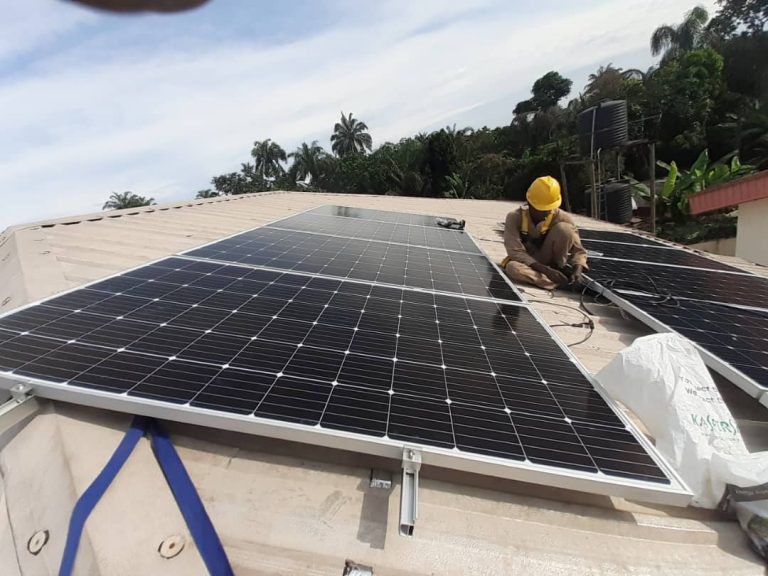One shocking statistic about going solar is this; in 2018, the United States had 64.2 GW of installed solar, enough to power 12.3 million American homes.
Amazing right?
Yeah I know. That is because the sun produces enough energy every second to cover the needs of the earth for 500,000 years. The sun is that powerful and for this reason, a lot of people are excited about going solar. Going solar is one huge decision to make that can tremendously change your life home and environment forever.
The benefits of solar energy are numerous and as such, it is advisable to go solar. While this may seem like a good decision to make, there are certain things that you must consider before you go solar. Read carefully before making that decision.
Things to consider before going solar
1. Roof assessment
One of the first things you should consider before going solar is your roof. You need to assess the quality of your roof to ensure that it is facing a direction where the panels can get enough sunlight. Do not choose an area surrounded by shades as the panel will not produce at maximum efficiency under a shade. Also, the roof assessment will be assessed to ensure that it can withstand the weight of the solar panels.
2. Trusted experts
Before going solar, you should consider how and where you can find a trusted solar expert. Finding a reliable and trustworthy expert can be a daunting task but we at AWPS can make that easy for you. We are a solar company that focuses on catering to the solar needs of Nigerians. You can trust us to make your solar journey easy. Contact us here.
3. Cost
Financial analysis of the decision to go solar is one thing to be considered. The cost of purchasing and installing a solar panel varies. See our catalog to get an idea of the cost.
4. Source of electricity
You will need to decide your source of electricity. Would you still want to be connected to the grid or would you want to depend solely on your solar panels? That is a choice you need to make.
5. Lease or purchase
Would you want to purchase a solar panel for yourself or would you want to lease one for a specific period? That is one thing to consider before going solar.
6. Batteries
You may consider adding a solar battery to your installation. A solar battery stores charges from your solar panel and makes it available for use when needed. Solar batteries will be of good importance if you want to depend solely on your solar panels and if you also intend to run your appliances even during a power failure.
7. Maintenance
How often would you be willing to run a maintenance routine on your solar panels? Twice or Thrice a year? This is also an important aspect to put into consideration. Maintaining your solar panels and batteries is a must-do as it can enhance the efficiency of your system and you need to consider how often you want it done.
Final thought
Going solar is a huge decision to make and as such, adequate attention and consideration need to be made.
Having doubts about going solar?
Reach out to us and we would schedule a call with you.
